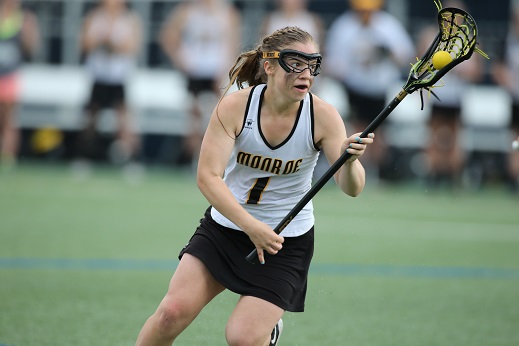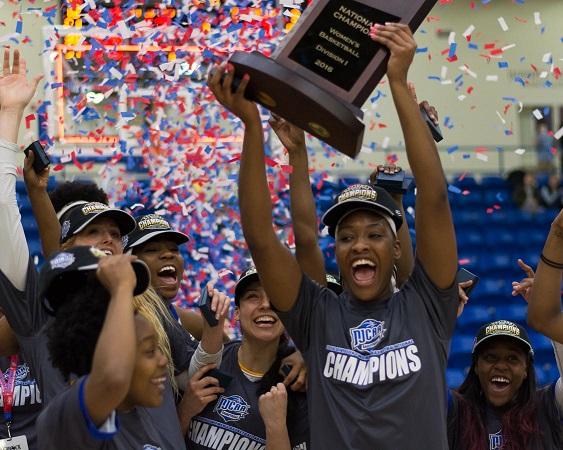
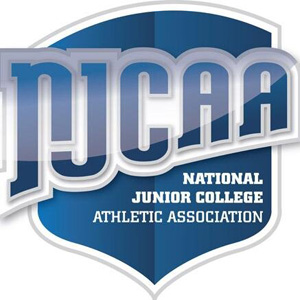 www.njcaa.org
www.njcaa.org
The National Junior College Athletic Association (NJCAA), founded in 1938, is an association of community college and junior college athletic departments throughout the United States. The NJCAA's mission is to promote and foster two-year college athletics. NJCAA’s colleges are divided into 24 regions and the organization recognizes 26 sports, which compete in different divisions.
Sports Destination Management: How many colleges are in the Association?
Mark Krug: Each year, the NJCAA has roughly between 500 and 520 member colleges. Our membership is second only to the NCAA in size and we’re the only national governing body for colleges at the two-year level. There are approximately 58,000 student athletes competing in the NJCAA annually.
SDM: What else makes NJCAA unique?
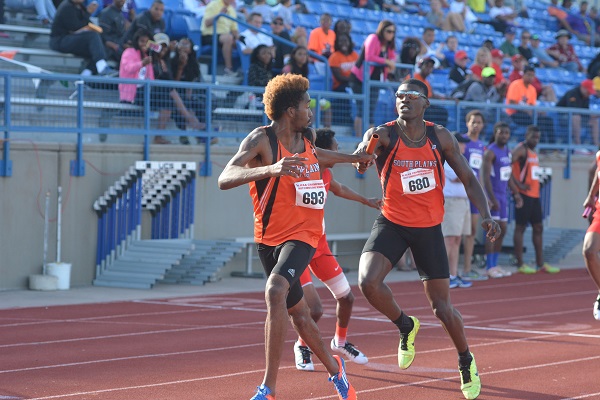
Since 1938 the NJCAA has served as a launching pad for student-athletes. Former NJCAA student-athletes are in the NBA, WNBA, NFL, MLB, Olympics, etc…..so many current, prominent athletes have started at our colleges. Our marketing and public relations staff has gone to great lengths to showcase these former NJCAA student-athletes. We want young people to see the NJCAA as a great starting point for their career – both from an athletic and academic standpoint.
SDM: What is the variety of sports like in NJCAA?
Krug: The demand for sports programs for two-year colleges is there – it just varies by college as to what they can provide. Each year, there are colleges that drop athletic programs and some that add them. Ultimately though, there will always be a demand for college sports.
SDM: Is there an emerging sport process at the two-year level the way there is at the four-year level?
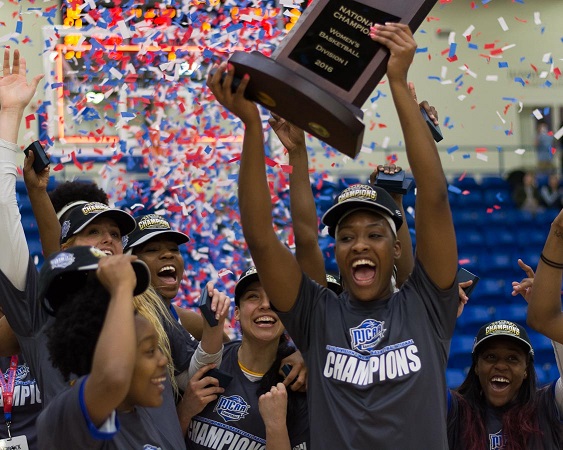
Krug: The NJCAA does not have a formal emerging sports program in place, but our executive committee is looking at establishing one. Our southern colleges inquired about adding beach volleyball a couple years ago. After that experience, our leaders began to evaluate how the NJCAA can evaluate such inquiries regarding non-traditional collegiate sports. Our executive committee is really wanting to create a healthy process where the addition of sports to the NJCAA platform is both well planned and includes an extensive evaluation regarding sustainability. It would be disappointing to launch a new sport only to see it have to be shut down a couple of years later. There is still a lot of work to do in this area, but we are taking a good approach.
SDM: What would you say is the biggest challenge the NJCAA faces?
Krug: At the two-year college level, funding is always a challenge for our members. If you were to ask any community college president if they would prefer to have an unlimited budget that would provide more opportunities for sports, I would think they’d say yes.
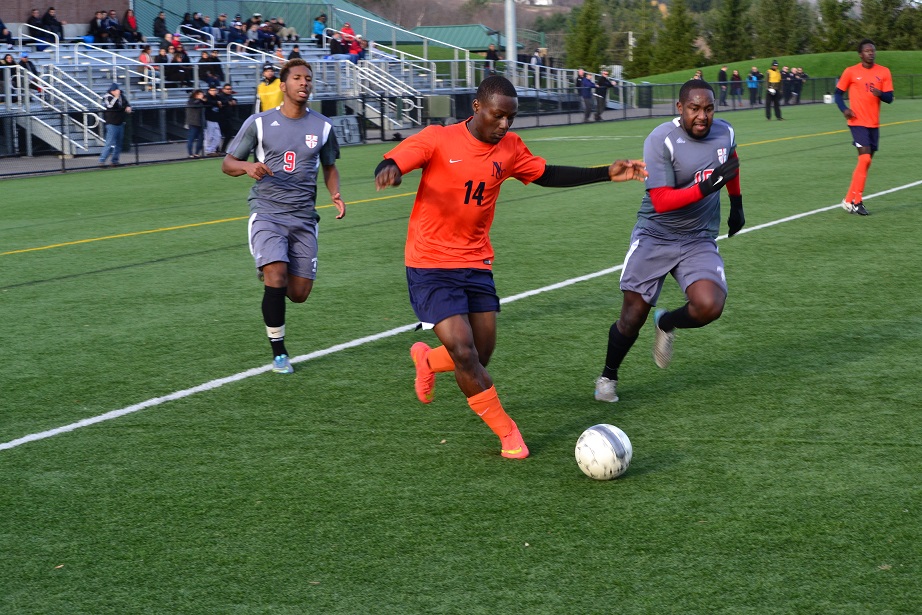
Krug: Yes, we have NJCAA TV, which we launched in the fall of 2009. We had a vision in 2008 that we could really utilize that kind of technology to showcase our member colleges, national championship events and student-athletes. Our student-athletes are some of the best in the country and we’ve always known that and we wanted to find a better way to showcase that to the world. Finding the right cost-effective approach was the key and we are proud with the result. Bottom line is that parents, families and fans can’t always travel and be there to watch their student-athletes perform. NJCAA TV allows fans to watch our national championships and celebrate the student-athlete experience. The feedback we have received on NJCAA TV has been great; we’ve heard from people not just from around the nation but from our bravest serving in the military overseas. I think we are most proud when we get emails, saying, ‘Thank you for broadcasting the national championships, and for making it free. I was able to see my cousin, or my son/daughter play in the national championship.’ It really has been a great success.
SDM: Has the live-streaming changed over the years?
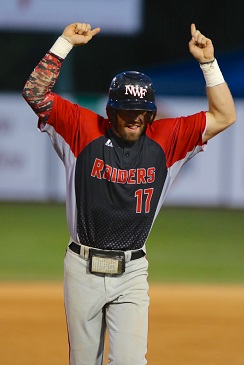
Krug: Yes, each year we strive to make NJCAA TV better. This year, we have dedicated more resources to video production of our championships. All of them will be done to the same professional standards. NJCAA TV looks to be a vital part of our organization for years to come.
SDM: NJCAA puts on a number of championships each year. What is the site selection process like?
Krug: The site selection process is handled by the NJCAA Championship Events Committee. Each year, about a third of our slate of 48 championship events go out for bid. There is a section on our website people can visit if they want to learn about possibly hosting a championship. There has been a lot of focus and attention given over the past few years to make sure we are proactively marketing our events to not only our member colleges but to sports commissions and CVBs across the country. These efforts have helped us better prepare potential hosts on who we are and how hosting an NJCAA championship is different than an NCAA national championship, or even NAIA (National Association of Intercollegiate Athletics) championship.
SDM: Do some potential host cities understand that better than others?
Krug: Yes, we’ve seen that in areas where we have member colleges, it greatly helps with the expectation factor – but we’re definitely getting interest in hosting our championships outside of areas where our member colleges are too.
SDM: What are you looking for in a city?
